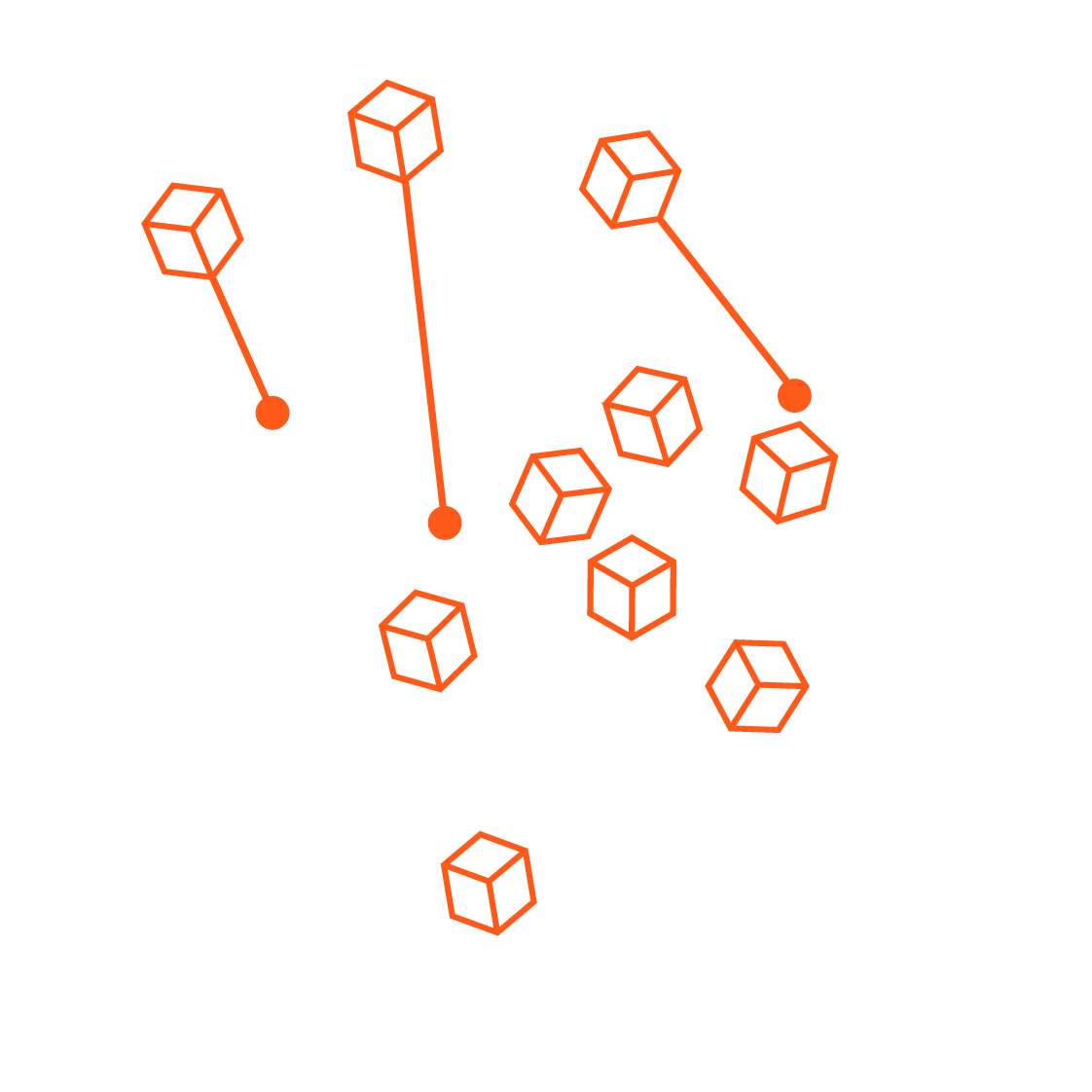Containerization consists in packing together software code with all its necessary components, such as libraries, frameworks, and other dependencies, so that all of them are isolated in their own "container." It allows software developers to develop and launch apps seamlessly and more securely.
In the case of traditional methods, it's required to develop code in a specific computing environment, often resulting in errors and bugs when it's transferred to a new location. Containerization eliminates this problem by allowing developers to store the code together with all the necessary files, dependencies and libraries.
Then, it’s possible to abstract that single package of software (container) away from the host OS, allowing it to stand alone and become portable – now it can run on any platform or cloud, free of issues.
Put another way, containerization supports portability and makes it possible for developers to write code once and run it everywhere. It also has other benefits, for example, fault isolation, security and ease of management, making it an inviting technology for many businesses.












